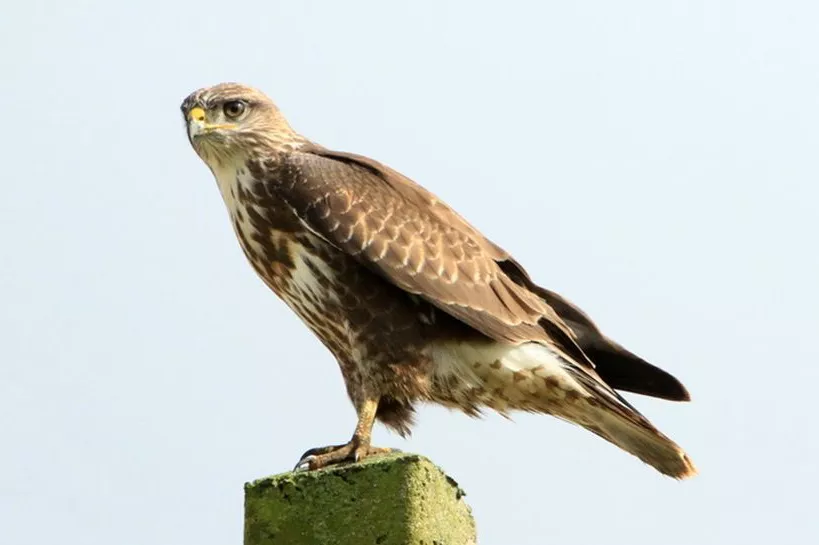When it comes to birds of prey, it’s easy to get confused between a vulture and a buzzard. These two birds may look similar, but they have distinct differences that set them apart from each other. In this article, we’ll take a closer look at the characteristics that distinguish these birds and explore the unique roles they play in the ecosystem.
- Appearance:
One of the primary differences between buzzards and vultures is their appearance. Buzzards are smaller than vultures, with a wingspan of around 110-140cm, while vultures can have a wingspan of up to 3 meters. Vultures have a bald head, while buzzards have feathers covering their entire head. Buzzards are usually brown with white spots, while vultures are black or dark brown.
- Diet:
Another difference between buzzards and vultures is their diet. Buzzards are opportunistic predators that feed on small mammals, birds, reptiles, and insects. They are also known to scavenge on carrion. In contrast, vultures are scavengers that feed primarily on dead animals. They use their sharp eyesight and sense of smell to locate carrion, which they tear apart with their strong beaks.
- Habitat:
Buzzards and vultures also have different habitats. Buzzards prefer open woodlands, farmland, and moorlands. They are found in many parts of the world, including Europe, Africa, and Asia. In contrast, vultures are found mainly in Africa, Asia, and Europe. They inhabit a variety of habitats, including forests, deserts, grasslands, and mountains.
In conclusion, while buzzards and vultures may look similar at first glance, they have significant differences in appearance, diet, and habitat. Buzzards are smaller, opportunistic predators that scavenge on carrion, while vultures are large scavengers that feed primarily on dead animals. By understanding these distinctions, we can appreciate the unique roles these birds play in the ecosystem and better appreciate the biodiversity of our planet.


 Facebook
Facebook  Instagram
Instagram  Youtube
Youtube 